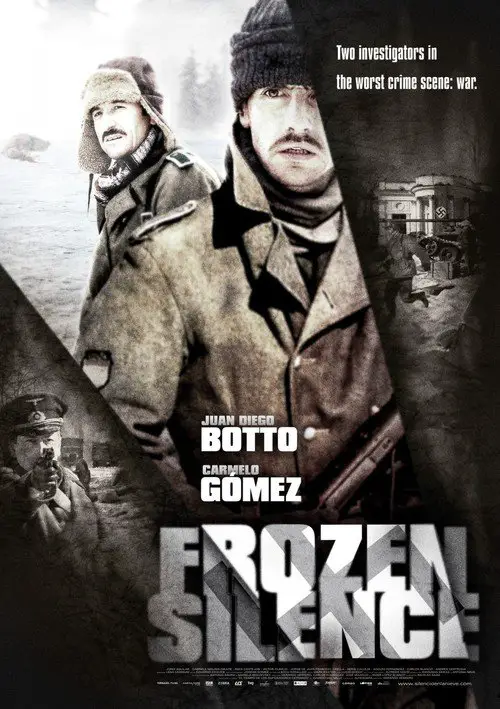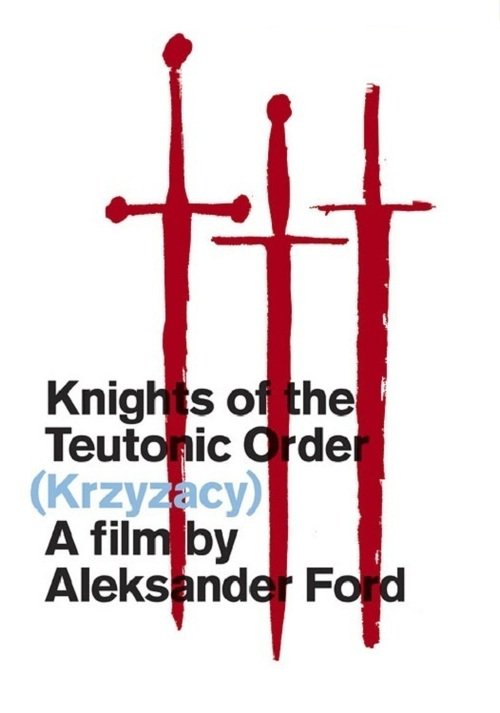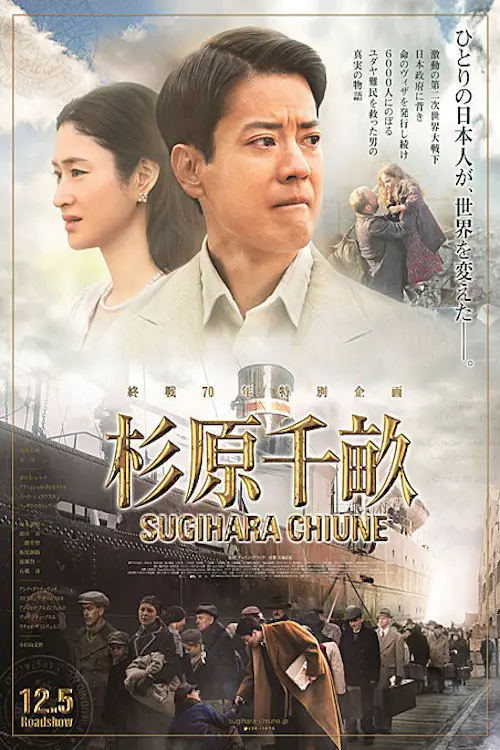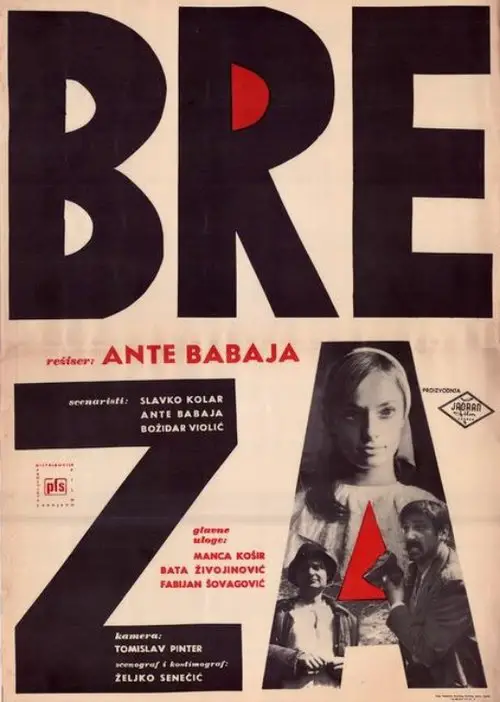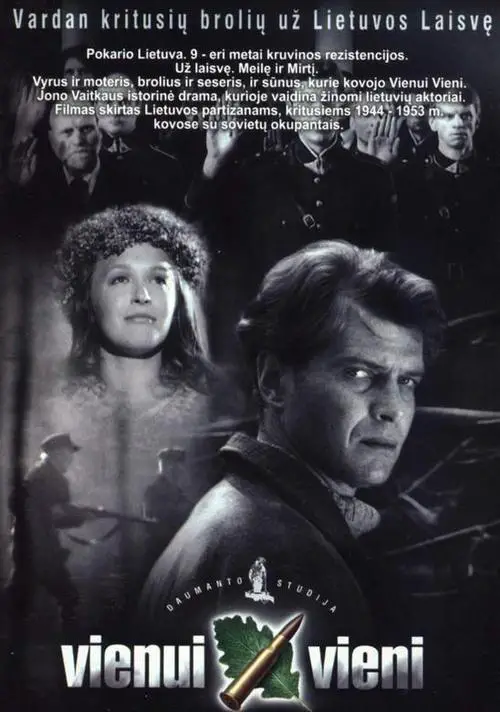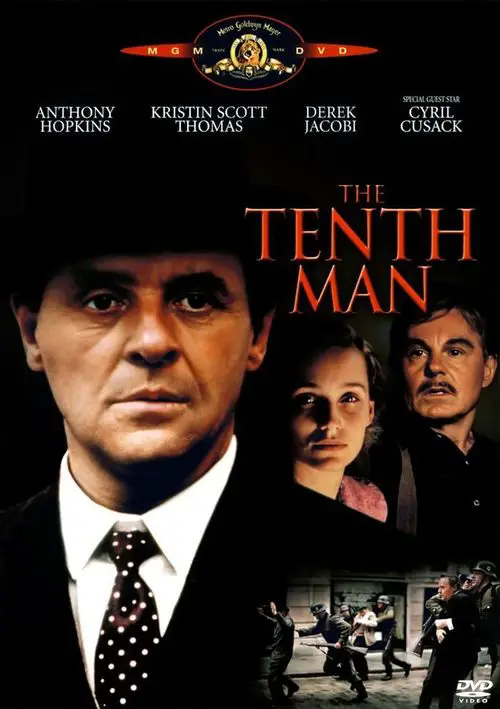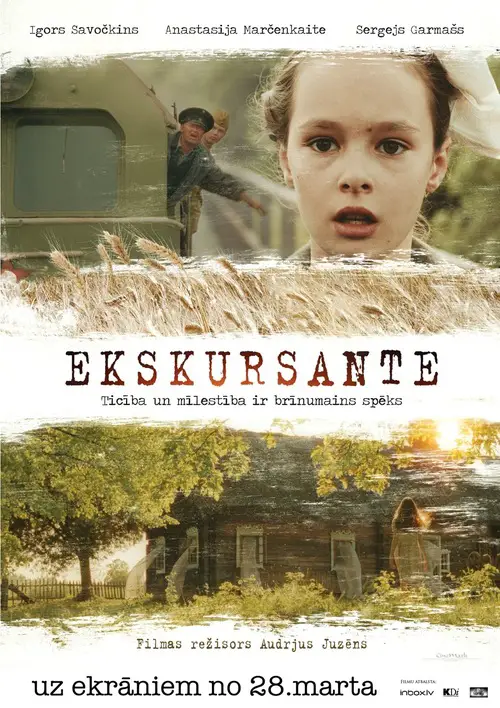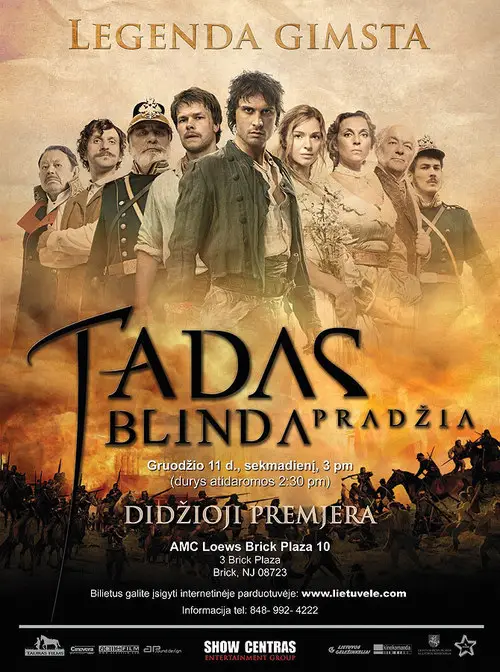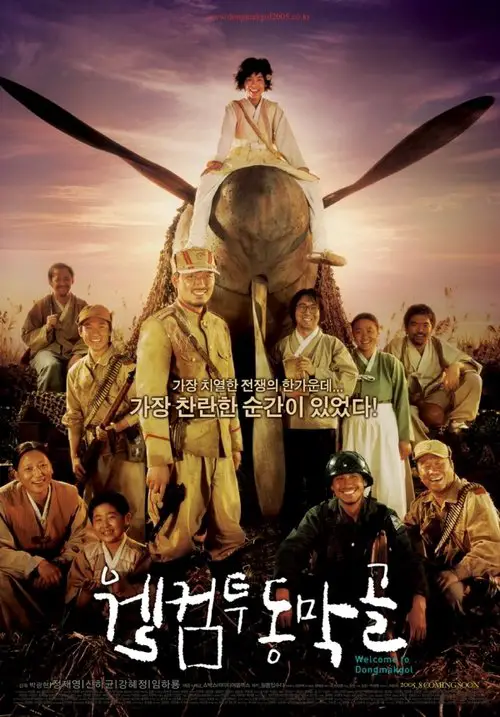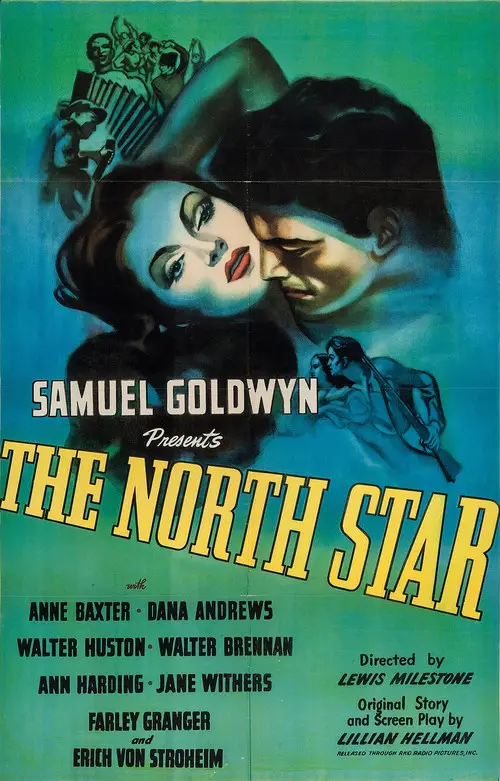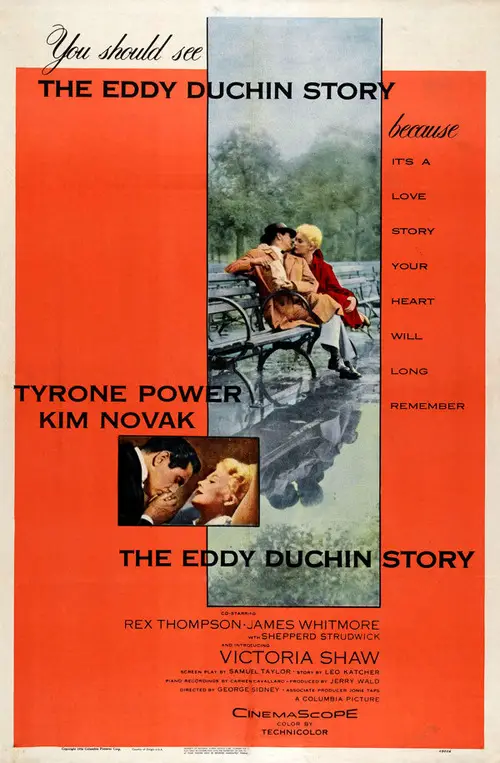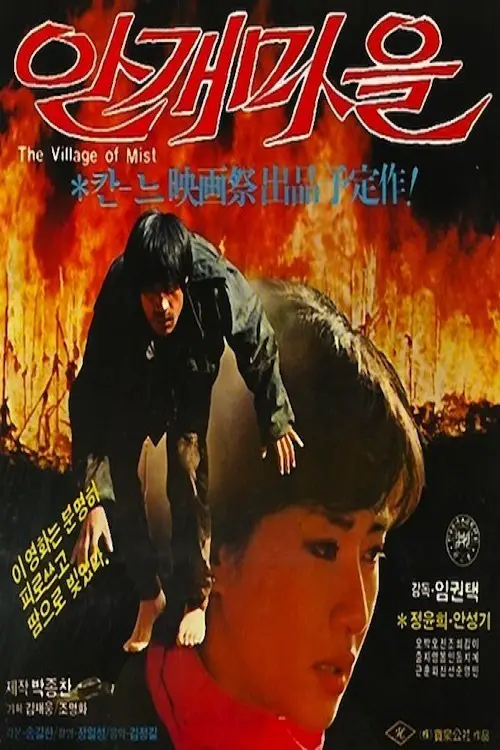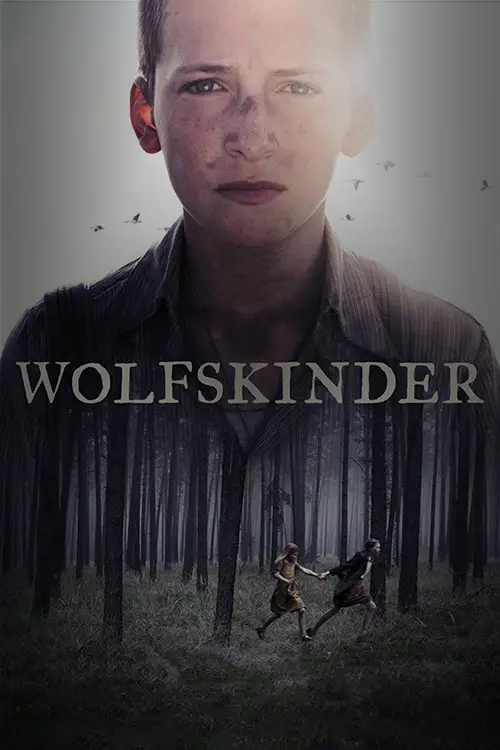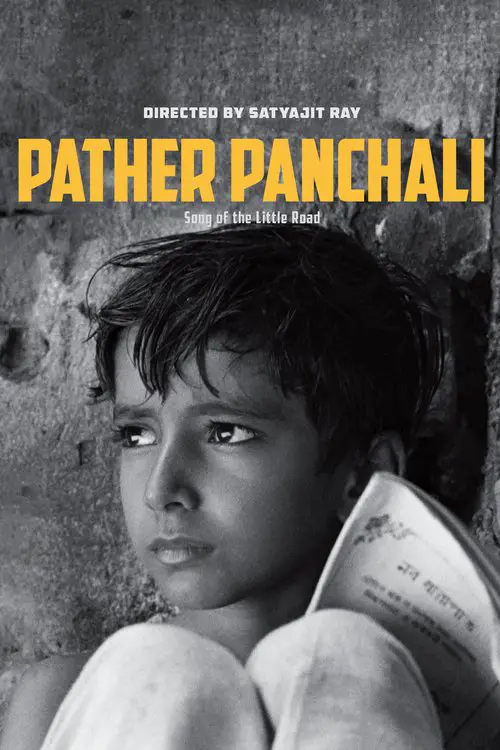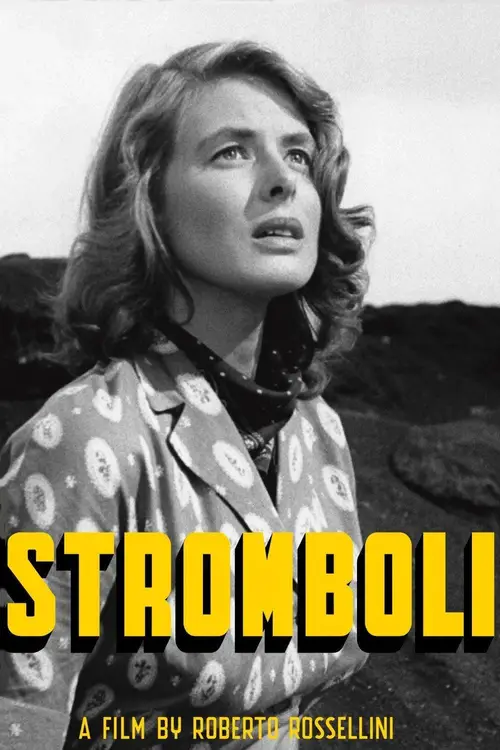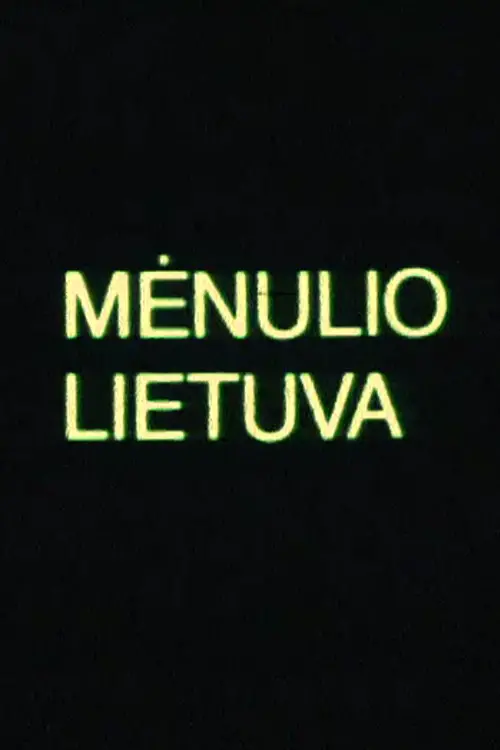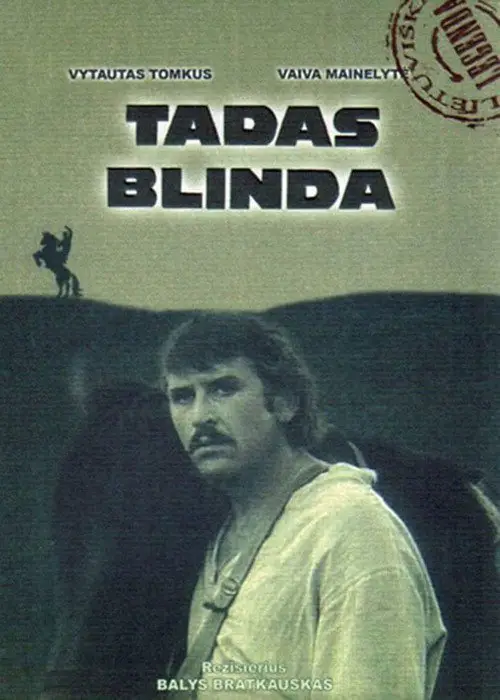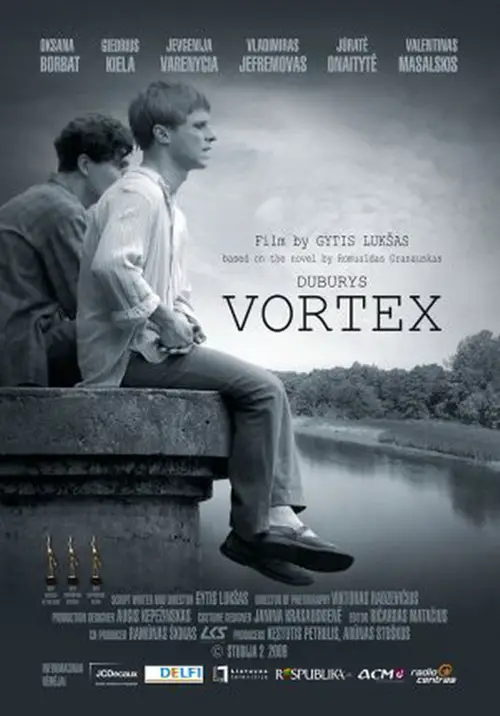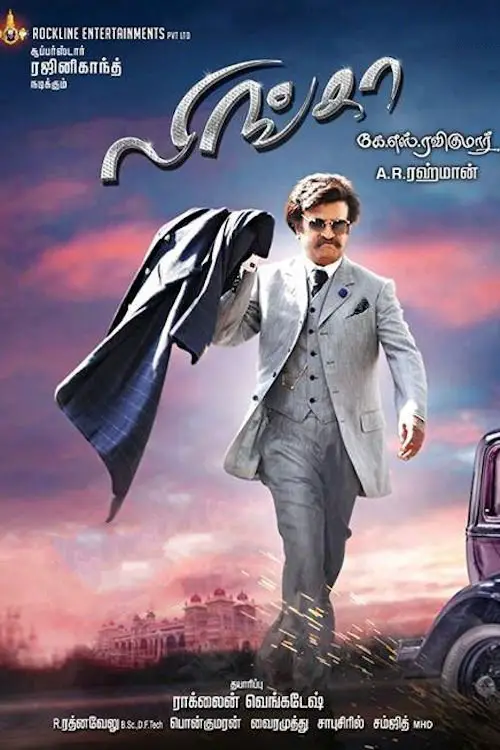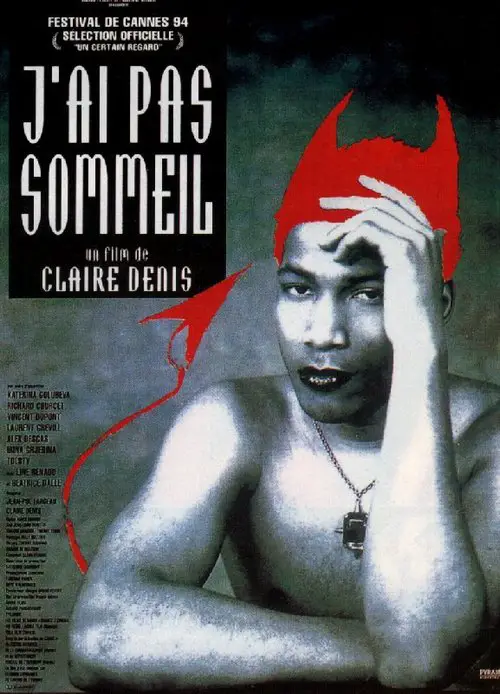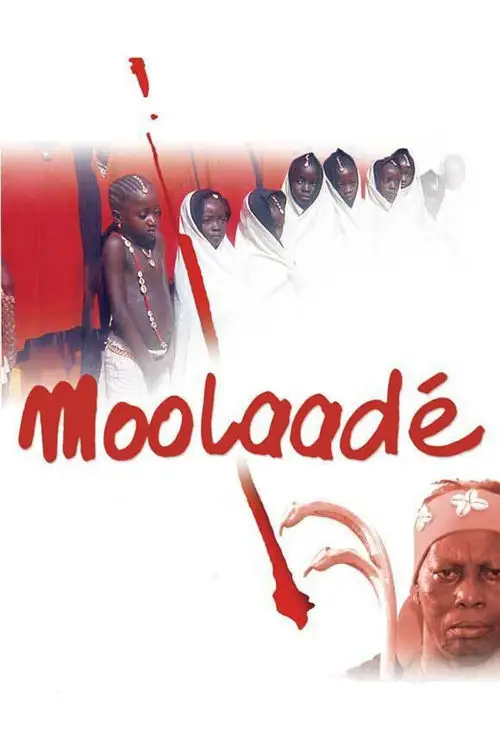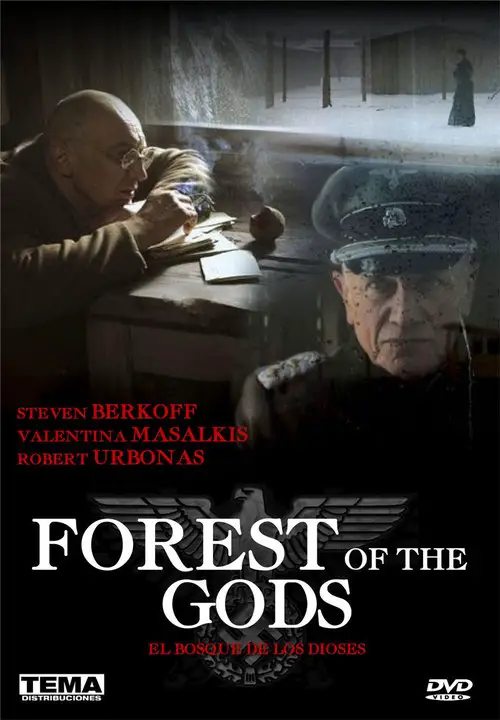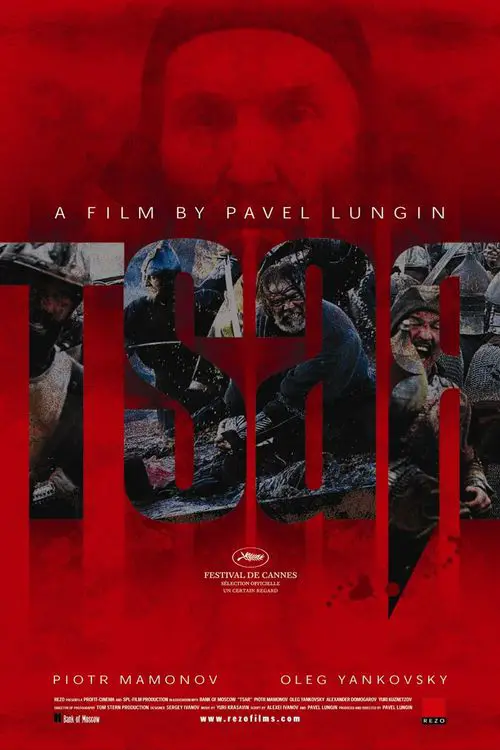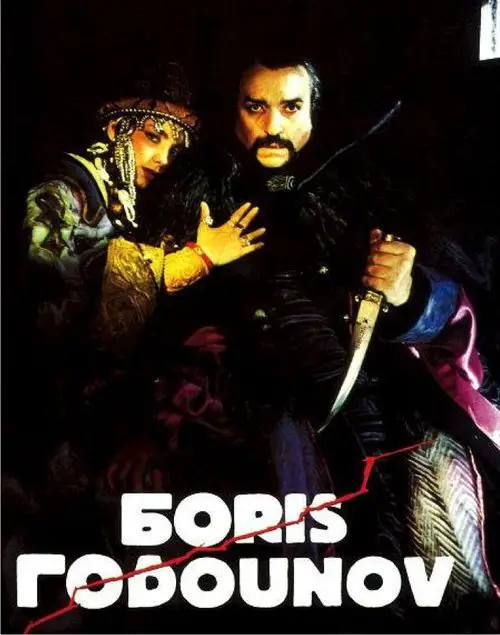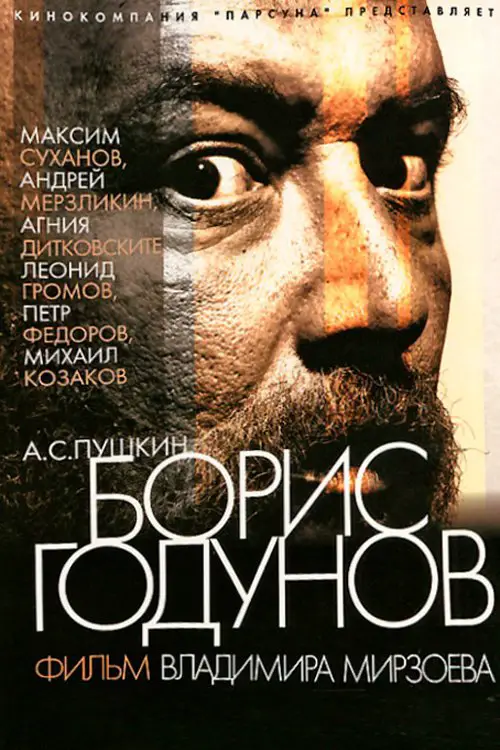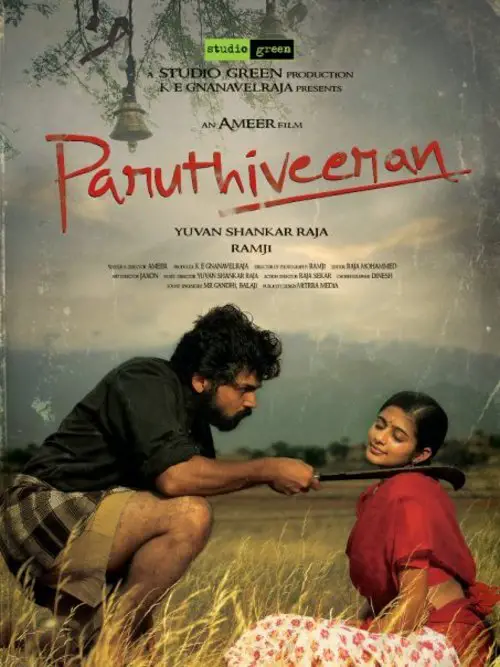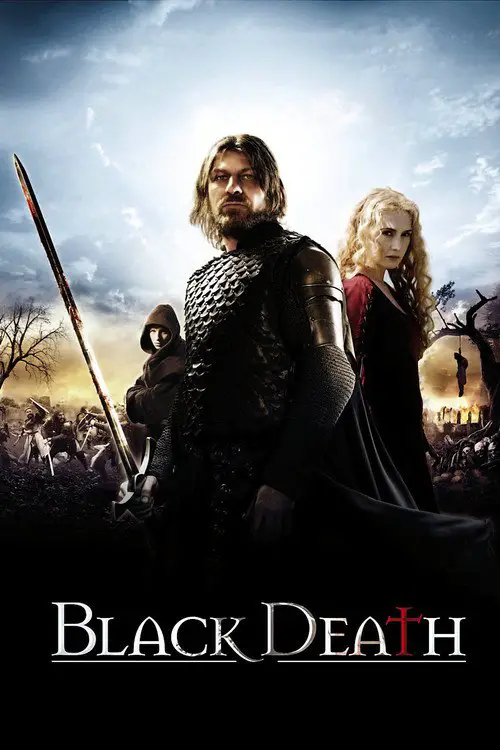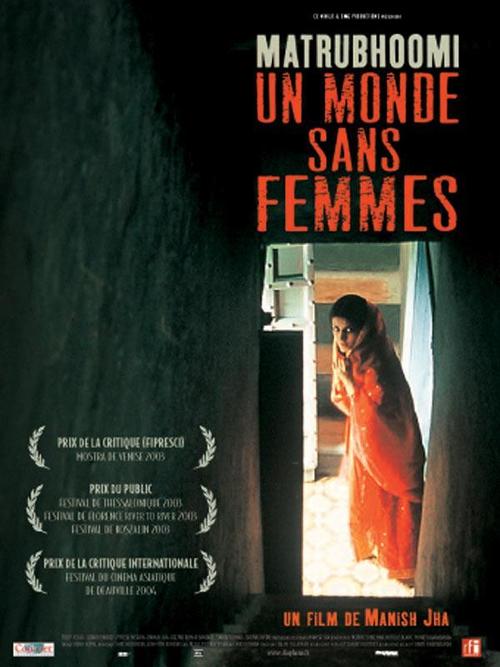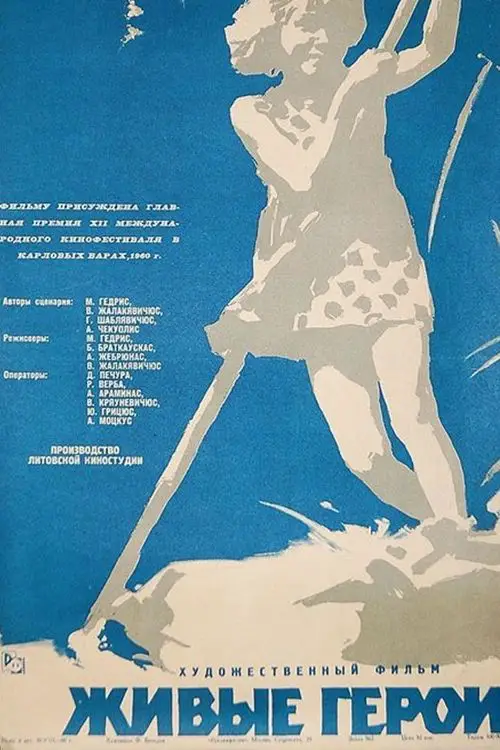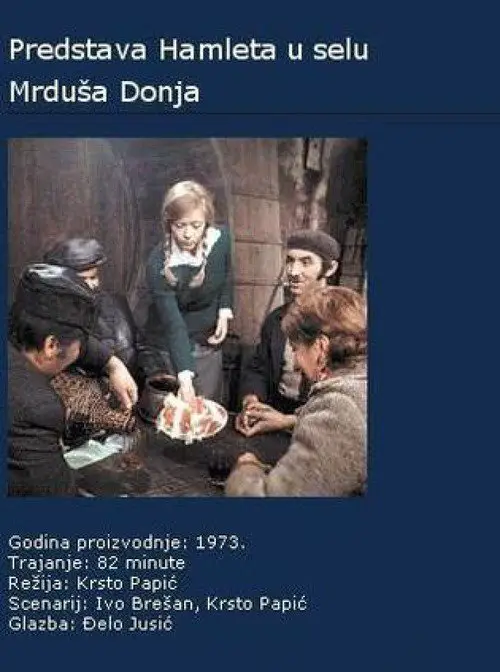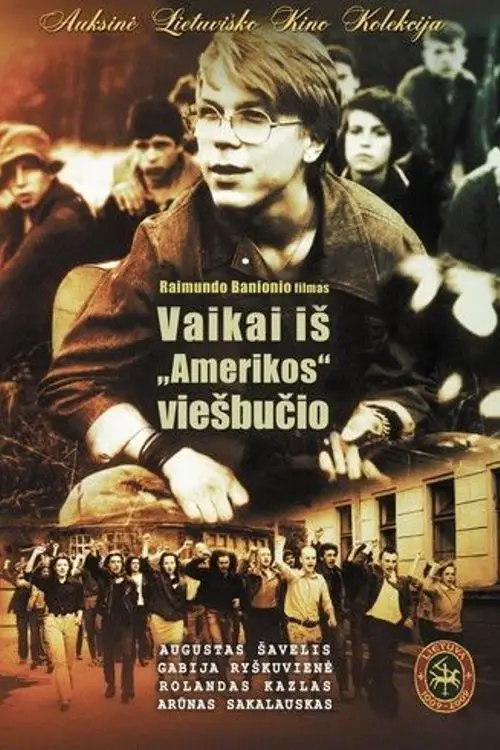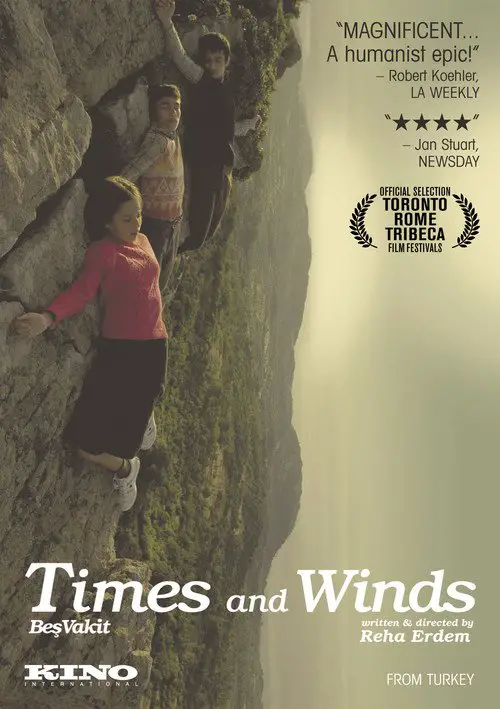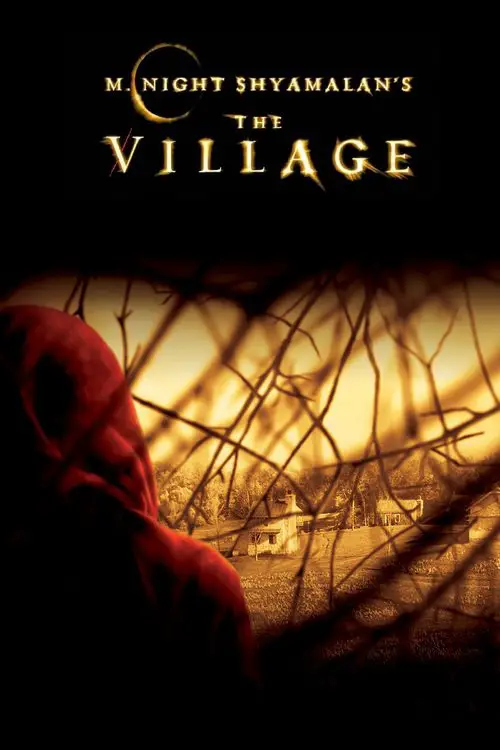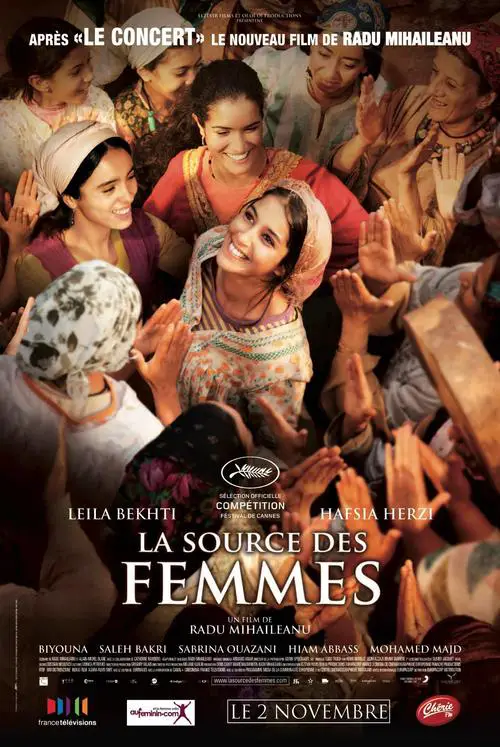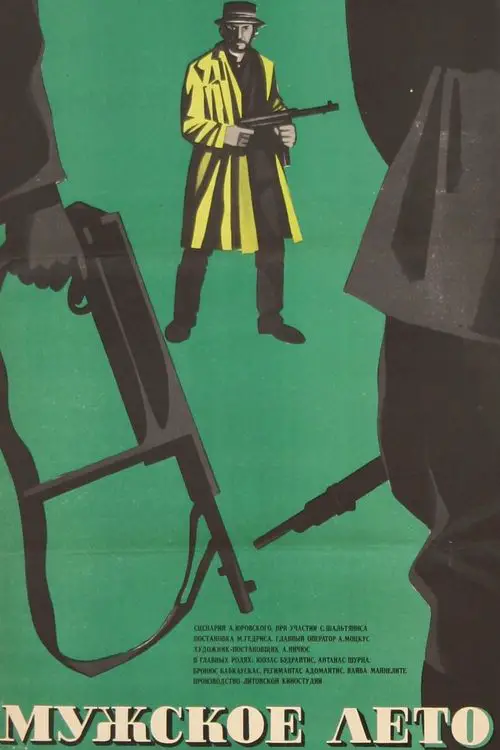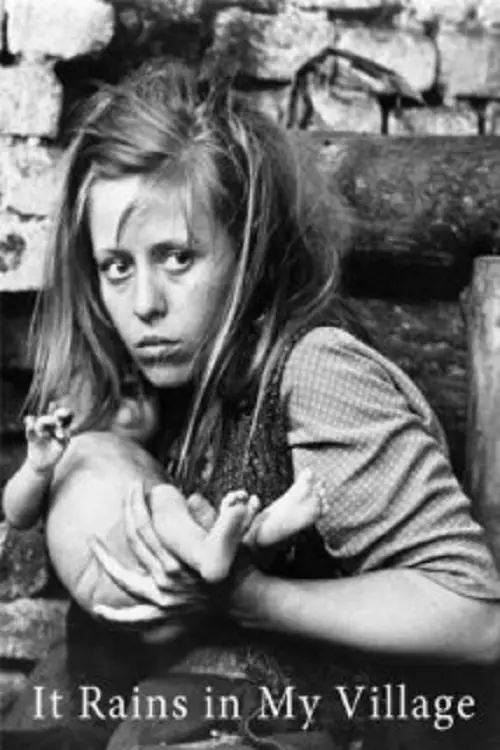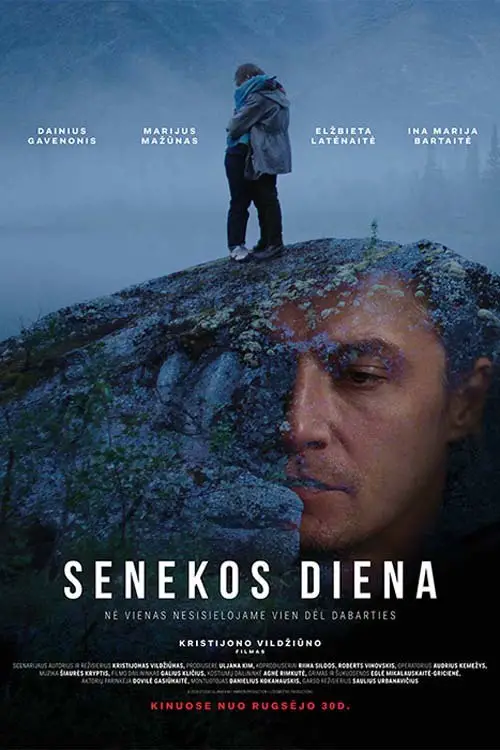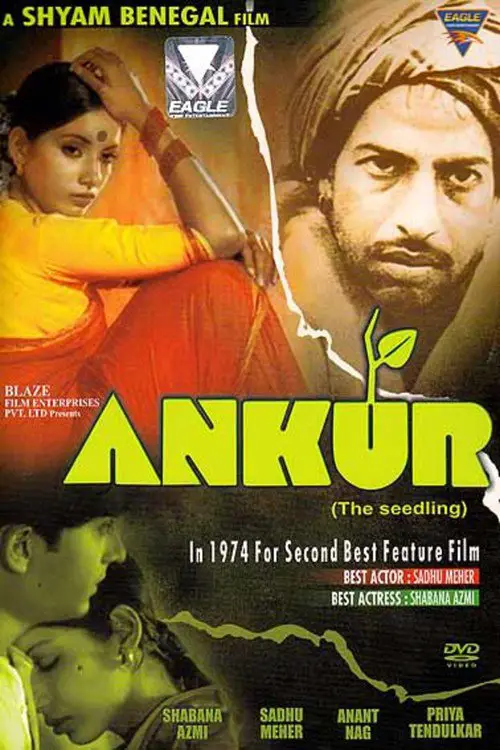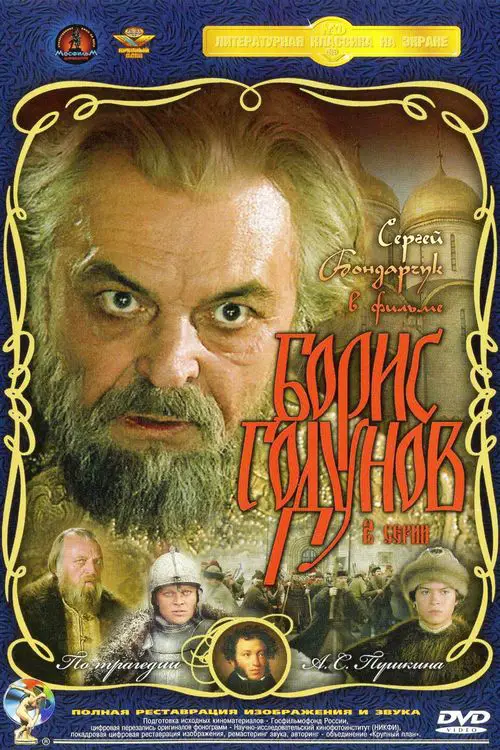Nobody Wanted to Die (1965)
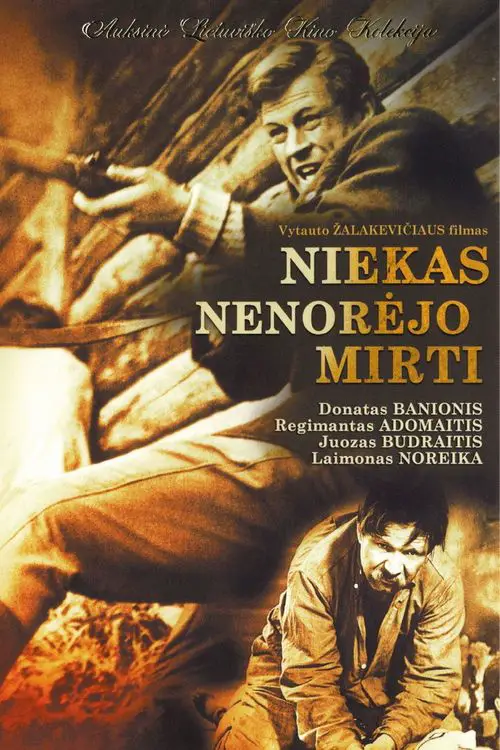
Similar movies
1943. In the midst of World War II, a serial murderer appears in the Blue Division, volunteer body of Spanish soldiers who fought on the Russian front with German troops. After finding the body of a Spanish soldier who has been stuck in the shoulder and has a knife inscription ("Look at God looking at you"), an investigation is initiated by the soldier in charge Arturo Andrade (Juan Diego Botto ), police inspector who takes the job with precision and professionalism, aided by Sergeant Estrada (Carmelo Gómez). They begin to suspect that behind this murder dark secrets of the past are hidden .
An orphaned girl, driven by poverty at such a young age, makes a promise with an enchantress. In return for beauty and the admiration of every man, she will never be with the man she loves. This spell cannot be broken unless the impossible happens: snow falling in spring and the dead coming back to life. Now a grown and beautiful princess, she regrets her promise, for all of the men she's loved has always been met with tragedy. In love again with a man behind a red armor and a golden mask who rescues her from death, she is tormented by their inevitable parting. Meanwhile, Kunlun, the slave of a great general, is searching for the lost memories of a family he once had. Soon the fate of these two intertwine when the princess believes the general to be her hero, thus pulling him into this web of fate. What end will befallen our three characters? Are their fates already sealed by a higher power, or can they still choose a life they want?
Lagaan tells the tale of the Indian village Champaner, beset by drought and British colonialism in the year 1893. Without a drop of rain in months, the worried villagers of Champaner decide to ask the local authorities for a temporary repeal of their taxes -- the hated lagaan. Led by the heroic Bhuvan (Indian superstar Aamir Khan) they bring their plight to the military governor, Captain Russell (Paul Blackthorne). But the sadistic Russell threatens to raise the lagaan threefold, unless the villagers can beat his men at a game of cricket, in which case he'll lift taxes on the entire province for a period of three years. Bhuvan accepts the challenge, but there's a problem -- no one in Champaner knows how to play cricket. A band of misfits come to the rescue, coached by Russell's soft-hearted sister Elizabeth (Rachel Shelley), and the race is on to be ready in three months' time. An epic reworking of Victory with eye-popping song-and-dance routines.
The story of a Japanese diplomat, sometimes called the Schindler of Japan, and his life lading up to and after his decision to issue over 2,000 visas to Jewish refugees in Kaunas, Lithuania resulting in saving the lives of over 6,000 people. This is the story of a man who believed in doing all he could do for the benefit of his beloved Japan, including trying to keep her from becoming embroiled in a worldwide conflict he saw as inevitable. Along the way, he came face to face with the plight of the European Jews as they tried to escape the onslaught of the Nazi's and the rapidly advancing German army. Caught between the unbending policies of his country now bound by treaty with Nazi Germany and his awakening moral responsibilities, we follow his life from his early days in Manchuria to his eventual posting in Lithuania and his appointment with destiny which would forever brand him a hero.
Based on the bestselling novel by Joanna Trollope Recently returned to England from New York City, vivacious heiress Clodagh Unwin befriends a couple new to her village. The husband is entranced by the young aristocrat, but Clodagh has eyes for someone else: his wife, Alice. Alice has a gilded life--beautiful children, a handsome husband, and a stately home. Secretly, sheâs depressed after the birth of her third child and unhappy in her marriage. Clodagh proves irresistible. But when tongues start wagging, the women learn that love might not be enough.
During World War 2 the Germans arrested people at random off the streets of Paris and in retaliation to sabotage by the resistance announced the execution of one in ten prisoners. Chosen as one of the victims, lawyer Chavel trades his place with another man in return for all his possessions. At the end of the war he returns to his house and tries to integrate himself with the family of the man who traded places with him, all the while hiding his true identity. However matters are complicated when a stranger arrives claiming to be Chavel.
A veteran samurai, who has fallen on hard times, answers a village's request for protection from bandits. He gathers 6 other samurai to help him, and they teach the townspeople how to defend themselves, and they supply the samurai with three small meals a day. The film culminates in a giant battle when 40 bandits attack the village.
Nowadays Lithuania, the country with strong traditions of Catholicism and society's negative attitude to minorities (homophobia). The tragicomedy is built through the destiny of a young woman Anna, whose secret lights out during the Christmas Eve and it immediatelly erupts an avalanche of dark events, connecting each family member. The question - what would happen, if... - remains. They had a choice to avoid this fatal trip, BUT it doesn't mean nothing has happened.
This terrifying prequel attempts to trace the murderous roots of the cannibalistic killer. The film follows Lecter from his hard-scrabble Lithuanian childhood, where he witnesses the repulsive lengths to which hungry soldiers will go to satiate themselves, through his sojourn in France, where as a med student he hones his appetite for the kill.
Sometime in the early years of the century, a boy, Apu, is born to a poor Brahmin family in a village in Bengal. The father, a poet and priest, cannot earn enough to keep his family going. Apu's sister, Durga, is forever stealing guavas from the neighbour's orchards. All these add to the daily struggles of the mother's life, notwithstanding her constant bickering with old aunt who lives with the family.
Spike Jonzeâs debut feature film is a love story mix of comedy and fantasy. The story is about an unsuccessful puppeteer named Craig, who one day at work finds a portal into the head of actor John Malkovich. The portal soon becomes a passion for anybody who enters itâs mad and controlling world of overtaking another human body.
After the end of World War II Karen, a young displaced woman from Lithuania, marries Italian fisherman Antonio to get away from her internment camp. But the life on Antonio's island, Stromboli, threatened by its volcano, is a tough one and Karen cannot get used to it. The film is mainly famous for the love affair between Ingrid Bergman and the director, Roberto Rossellini, which started during the production.
During World War I, commanding officer General Broulard (Adolphe Menjou) orders his subordinate, General Mireau (George Macready), to attack a German trench position, offering a promotion as an incentive. Though the mission is foolhardy to the point of suicide, Mireau commands his own subordinate, Colonel Dax (Kirk Douglas), to plan the attack. When it ends in disaster, General Mireau demands the court-martial of three random soldiers in order to save face.
Between 1944â1953, courageous resistance movement took place in the Baltic region of Europe, uniting the partisan troops for struggle against the Soviet Union. âThe Invisible Frontâ was a coded name used by the Soviet Interior forces to describe the resistance movement in Lithuania. Film depicts the story of the fighters through the words and experience of the partisan leader, Juozas Luksa, and interviews with eyewitnesses of those events - both the partisans and the Soviet fighters. Tales of horror, torture and courage are told in the rare archival footage that has never been screened before, and interviews with the surviving members of the resistance movement.
This movie is a story of the legendary Lithuanian peasant- Tadas Blinda (1846-1877), a Lithuanian folk hero of the 19th century often compared to Robin Hood. He is shown as a leader of serfs battling and ridiculing the Polish landlords and the Russian Empire that governed Lithuania, Lithuania after the law about the end of serfdom. The movie is a an intense drama with a mix of cruelty and love, comic situations and jokes, heroism and treason.
The film is based on the novel by Romualdas Granauskas, winner of the Lithuanian National Cultural and Arts Award, and is the chronicle of a young manâs shifting relationships as he adjusts rather dramatically to the unfamiliarity of freedom. The film will be shown in Lithuanian with English subtitles. Duburys won the Silver Crane Award in Lithuania. It has been selected as Lithuaniaâs entry for this yearâs Oscar nomination in the foreign language film category. Duburys was entered in the Montreal World Film Festival, Tallinn Black Nights Film Festival and has been invited to Cairo International Film Festival and the Museum of Modern Art in New York.
Ninon is a spirited hotel-manager who teaches self-defense classes to her terrified elderly neighbors. Daiga, an aspiring Lithuanian actress newly arrived to Paris, comes to live at the hotel and becomes fascinated with the life of a mysteriously beautiful drag performer, Camille. Camille occasionally seeks refuge at the home of his brother, Theo, a quiet Antillean musician and carpenter who longs to return with his child to his native land against the wishes of his estranged wife, Mona. Through the medium of these characters unfolds a provocative and chilling examination of the intersecting lives of the lovers, acquaintances, family members, and victims of a serial killer. âinbaseline.com
During the Japanese occupation of China, two prisoners are dumped in a peasant's home in a small town. The owner is bullied into keeping the prisoners until the next New Year, at which time they will be collected. The village leaders convene to interrogate the prisoners. The townspeople then struggle to accommodate the prisoners. One is a bellicose Japanese nationalist, the other a nervous translator. Will the townspeople manage to keep the prisoners until the New Year?
The story about one man - an artist and an intellectual - who was imprisoned by two brutal regimes, the Nazis and the Soviets. 'The Professor' is a man who lives by his own personal version of the Ten Commandments. After miraculously surviving imprisonment in a Nazi concentration camp through a bit of ironic fate, he writes a memoir of his life, which becomes the target of the Soviet censors. The so-called "freedom" of Communism becomes just as oppressive as the German concentration camp.
A humble and simple Takezo abandons his life as a knight errant. He's sought as a teacher and vassal by Shogun, Japan's most powerful clan leader. He's also challenged to fight by the supremely confident and skilful Sasaki Kojiro. Takezo agrees to fight Kojiro in a year's time but rejects Shogun's patronage, choosing instead to live on the edge of a village, raising vegetables. He's followed there by Otsu and later by Akemi, both in love with him. The year ends as Takezo assists the villagers against a band of brigands. He seeks Otsu's forgiveness and accepts her love, then sets off across the water to Ganryu Island for his final contest.
In 16th-century Russia in the grip of chaos, Ivan the Terrible strongly believes he is vested with a holy mission. Believing he can understand and interpret the signs, he sees the Last Judgment approaching. He establishes absolute power, cruelly destroying anyone who gets in his way. During this reign of terror, Philip, the superior of the monastery on the Solovetsky Islands, a great scholar and Ivan's close friend, dares to oppose the sovereign's mystical tyranny. What follows is a clash between two completely opposite visions of the world, smashing morality and justice, God and men. A grand-scale film with excellent leading roles by Mamonov and Yankovsky. An allegory of Stalinist Russia
Zulawski tackles Modest Mussorgskyâs famous opera about the bloody battle for ascendancy to the throne of Russia in the 17th-century! With a score conducted by Mstislav Rostropovich, Zulawski adds extra layers of devilish meta-textual embellishment by composing the filmâs imagery as though we are watching a theater piece of a film crew making a movie about the opera of âBoris Godounovâ! As well, the picture is full of delightful anachronisms that mock the then-contemporary Russian government, alongside jabs at other 20th-century dictatorships. So incensed was Rostropovich by Zulawskiâs juiced final product â one that took liberties with the narrativeâs sexual thrust, amongst other things â that he (unsucessfully) took Zulawski to court for âthe violation of the Russian soulâ! âImpressive in its use of whirling camera movements as well as mega close-ups of the contracted faces of its singers, âBoris Godounovâ is one of the most original opera movies ever madeâ
The story is set in a rural area around Madurai, in the village called Parithiyur. Paruthiveeran (Karthi) is a country brash, He is often arrested for petty crimes. His one ambition in life is to gain enough notoriety to be on TV news and to be thrown into Madras Jail. He often bullies Paruthiyur villagers for money, women and fun. He lives with his doting uncle Chevvaazhai (Saravanan) who pampers and accompanies him in every misbehavior to keep him happy. His cousin Muththazhagu (Priyamani) is the daughter of a caste fanatic who is a prominent person in the village's council. Muththazhagu loves him more than her life, but he remains unmoved and keeps her at bay.
As the plague decimates medieval Europe, rumors circulate of a village immune from the plague. There is talk of a necromancer who leads the village and is able to raise the dead. A fearsome knight joined by a cohort of soldiers and a young monk are charged by the church to investigate. Their journey is filled with danger, but it's upon entering the village that their true horror begins.
Caroline, a French architect in Vilnius, Lithuania, on business, has to spend an extra night in the city due to a delayed work meeting. At the bar of her hotel she meets Jaakko, a Finnish DJ who is in Vilnius for a gig. Caroline lets him understand that she doesnât speak English, and Jaakko doesnât speak French. Although they lack a common language, they find themselves enjoying each otherâs company...
In Shakespeare's Hamlet, the leading character observes "The play's the thing, wherein to catch the conscience of the king." In this Yugoslavian movie, a performance of Hamlet in a small village apparently catches the conscience of the whole town. The village commissar, who knows nothing of the play, insists on mounting a production of Hamlet over the objections of the village teacher, who knows the tale well. Thinking only of the prestige it will bring, the commissar plans to use local villagers in the parts. The son of a man the commissar had framed for theft gets the part of Hamlet, and the commissar plays the usurping king. During a fight scene, the boy Hamlet, manages to wrest a confession to the thefts from the town treasurer, but when he hears of his father's suicide, he promptly stabs the commissar. The commissar, bleeding, orders the post-performance dance to go on.
Young Park Seol-Hee is eagerly planning her wedding to a young anti-Communist activist when the North Koreans invade. Her fiancé is forced to flee, leaving her behind with her family in their tiny, rural South Korean village. Rather than resist the North Korean regiment that comes to occupy the area, the townspeople (to Seol-Hee's dismay) decide to cooperate with them in order to ensure their own survival. The North Koreans, however, turn out not to be all that Seol-Hee expected. She soon realizes that there is a history between her family and that of the regiment's leader, Lieutenant Kim Jeong-woong. In between the hilarious day to day antics of Seol-Hee's eccentric family and the hard realities of war, the attachment between Seol-Hee and Jeong-woong grows. As the occupation continues, Jeong-woong becomes torn between trying to follow the increasingly harsh orders from his general and protecting the people that he has come to love and care for so much.
In a small, poor village leaning over high rocky mountains, the villagers are simple and diligent people who struggle to cope with a harsh nature. They earn their living off the earth and a few animals they feed. Fathers always prefer one of their sons. Mothers command their daughters ruthlessly. Ãmer, the son of the imam, wishes hopelessly for the death of his father. When he understands that wishful thinking does not have any concrete results, he begins to search for childish ways to kill his father. Yakup is in love with his teacher, and one day after seeing his father spying on the teacher he dreams too, like Ãmer, of killing his father. Yıldız studies and tries to manage the household chores imposed by her mother. She learns with irritation about the secrets of the relationship between men and women.
Pretty Village, Pretty Flame (Serbian: Lepa sela lepo gore) is a 1996 Serbian film directed by Srdan Dragojevic that gave uniquely bleak yet darkly humorous account of the Bosnian War. It is considered a modern classic of Serbian cinema.[citation needed] Almost 800,000 people went to see the movie in cinemas across Serbia. This equates to approximately 8% of the total country's population at the time of the film's release. The plot, inspired by real life events that took place in the opening stages of the Bosnian War, tells a story about small group of Serbian soldiers trapped in a tunnel by a Muslim force. The film's screenplay is based on an article written by Vanja Bulic for Duga magazine about the actual event. Through flashbacks that describe the pre-war lives of each trapped soldier, the film describes life in former Yugoslavia and tries to give a view as to why former neighbours and friends turned on each other.
Senecaâs Day is set in the year 1989, the final period of the Soviet era in Lithuania. Eighteen-year old buddies establish the Senecaâs Fellowship with the motto âLive each day as if it was your lastâ. A love triangle breaks up the fellowship right at the time the nation experiences an exceptional sense of community via Baltic Chain.Twenty-five years later, the main character who at first glance appears to be accompanied by good luck, is disillusioned with himself. He has betrayed the ideals of his youth and become a cold observer of life.
Laxmi lives a poor lifestyle in a small village in India along with her husband, Kishtaya, who is a deaf-mute. Both husband and wife work for the wealthy landlord. The landlord's son, Surya, has to cancel his studies and return home to look after the estate, as well as formalize his marriage to Saroj, the girl he was compelled to get married to when he was very young. Shortly thereafter Kishtaya is apprehended stealing toddy from the fields, is severely beaten, left senseless, and when he recovers he absconds, leaving Laxmi alone to fend for herself. Surya finds her attractive and starts an intimate relationship with her, much to the chagrin of the rest of the family. Things only get worse when Saroj moves in to live with Surya - compelling him to make a final decision about a visibly pregnant Laxmi.
Rokas and Inga, a couple of young Lithuanians, volunteer to drive a cargo van of humanitarian aid to Ukraine. When plans change and they find themselves left to their own, they cross the vast snowy lands of the Donbass region in search of allies and shelter, drifting into the lives of those affected by the war. They approach the frontline in spite of danger, growing all the more close to each other, as they begin to understand what it is like to be living through war.
Praised for its fine photography and production design if not its narrative, Sergei Bondarchuk directed this adaptation of the tale by Alexander Pushkin. Boris Godunov came to the Czarist throne at the end of the 16th century, after the original heir to Ivan the Terrible had died. At first, things went well for Godunov (played by Bondarchuk), but when the Russian people began to believe he had killed Ivan the Terrible's son in order to gain the throne, an alliance sprang up against the new Czar. Events continued to spin out of control as a young monk was presented as the son Godunov had supposedly killed. Now he was openly accused of failing an assassination attempt, which seems to be even worse than succeeding. In addition to these woes, Boris Godunov began to suffer serious health problems. So much for the joys of kingship.
© Valossa 2015–2025
| Privacy Policy
